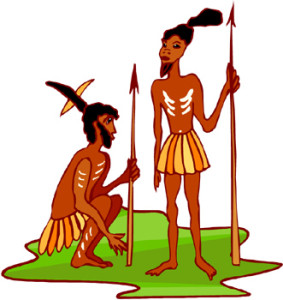
Quechua or Quichua is a family of languages that originated in the central Andes. The Andes extend throughout seven countries in western South America, mainly in Peru, Bolivia and Ecuador.
In Peru, five regional dialects of Quechua are spoken: northen Quechua (or wamp’una, as it is called in Colombia, Quito, Cajamarca, Tumbes and part of Piura), the Quechua spoken along the coast (or chinchay, which was influenced by local pre-columbian coastal languages: the Lambayeque coast, La Libertad, Áncash, Lima, Ica), the Quechua spoken in the central mountain range (or waiwash, which greatly influenced in the mountain ranges near Lima, Junín, Pasco, Huánuco and part of Ayacucho), Quechua from the south (spoken in a region strectching from the Huancavelica area all the way to Bolivia and the north of Chile and Argentina), and the imperial Quechua (also known as classic Quechua or Quechua from Cusco). The later is considered the official Quechua, according to the Academia Mayor de la Lengua Quechua (High Academy of the Quechuan Language), which is the Quechua equivalent to the Real Academia Española (Royal Spanish Academy) for Spanish.
The official Quechua spoken in Bolivia, which is recognized by the Ministry of Education, uses only three vowels. The “e” and the “o” are only used for pronouncing certain words according to established norms.
The type of Quechua primarily spoken in Ecuador is Shukyachiska Kichwa, and what differentiates it from the other varieties is its pronunciation and certain grammatical aspects such as the infinitives ending in “-na”, among others.
Additionally, Quechua has influenced various Latin American dialects such as Bolivian Spanish, Ecuadorian Spanish and Peruvian Spanish.
If you would like to get a free quotation for translations into Quechua, or any other exotic language, please don’t hesitate to contact us.
To view the original post, click on the following link: Traducción al Quechua
